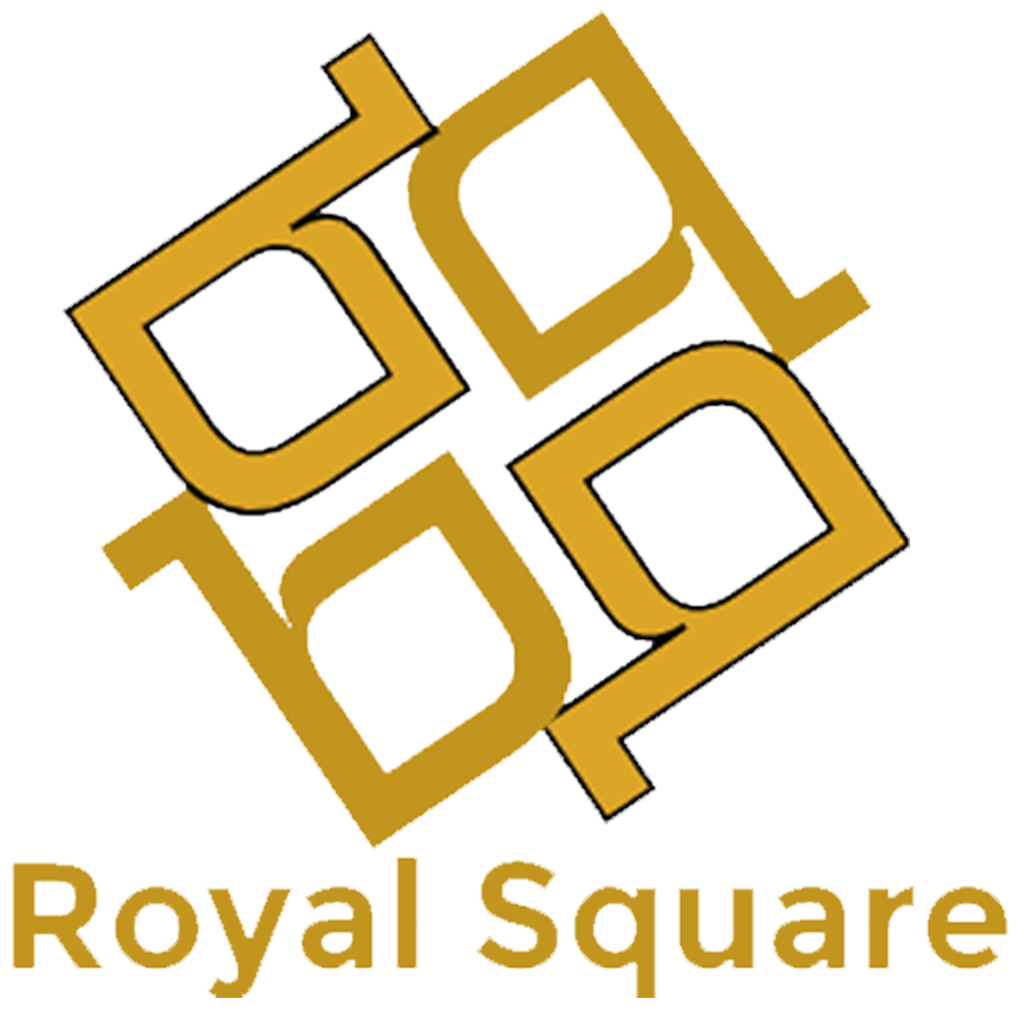It can be done at any time of year but many worshippers choose to give their zakat during Ramadan
Ramadan, the ninth and most sacred month in the Islamic calendar, is expected to begin on the evening of Friday, February 28, 2025, and conclude on the evening of Sunday, March 30, 2025.
That would then mean Eid ul Fitr taking place on Sunday, March 30, or Monday, March 31. These are tentative as the actual start dates of Ramadan and Eid are both subject to a confirmed sighting of the moon.
During the holy month, Muslims worldwide dedicate their time to reflection, self-improvement, devotion, and worship, including fasting during daylight hours.
Zakat – also called zakah – is an obligatory part of the Islamic faith. It’s a type of wealth tax that requires Muslims to give 2.5 per cent of the value of their qualifying assets to charity to support people in need within their community.
READ MORE:
While this is a religious obligation for Muslims each year, many choose to give their zakat during Ramadan because the month of fasting places a greater emphasis on good deeds.
Dr Sohail Hanif, CEO of the UK charity National Zakat Foundation (NZF), has shared with us some of the most common questions on calculating and paying your zakat.
How to calculate zakat
It’s important to first state there is a minimum amount of wealth a Muslim must have before paying zakat, and this is called the nisab. It’s based on the value of 87.48 grams of gold or 612.36 grams of silver.
Dr Hanif said: “To calculate your zakat, you must first work out the value of your net assets. Then take off what you owe before checking if your assets are equal to, or exceed, the nisab value. You then work out 2.5 per cent to get your zakat amount.
“There are handy zakat calculator tools that you can use to calculate the amount you need to pay. However, a general guide is as follows:
- Calculate everything you own, inclusive of both money and assets.
- Calculate everything you owe and deduct this amount.
- Work out the balance and check that it’s more than the nisab value.
- If it is above the nisab value, work out 2.5 per cent of this to find out your zakat amount”
He continued: “Not all assets should be included in your zakat calculation, but there are many that are.
“The general rule of thumb is that an asset is zakatable if you have complete ownership of said asset, the asset is productive, and the wealth is equivalent to the current nisab or more.
“Zakatable assets include business assets, cash, investments such as stocks and shares, gold and silver, and any inherited money. Non-zakatable assets include the property you live in with no intention of profiting from it, personal belongings include your car or mobile phone and other metals that aren’t gold or silver.”
When should you pay your Zakat?
Dr Sohail Hanif explained: “The moment your wealth equals or surpasses nisab, that will initiate a new year for zakat. You will then see a year after this new date whether your wealth equals or surpasses the nisab.
“Zakat can be pre-paid before your zakat anniversary; however, if you do pay early, you still need to work out your zakat due on your zakat anniversary to ensure you’ve paid the right amount.
“Some people choose to pay their zakat during Ramadan, although this is not necessary and it can be paid all year round.”
Get breaking news on BirminghamLive WhatsApp. Join our dedicated community for the most up-to-date news from across the city.
You can also sign up to our Brummie Muslims newsletter for the latest updates on Ramadan, Eid and key dates throughout the Islamic calendar.
